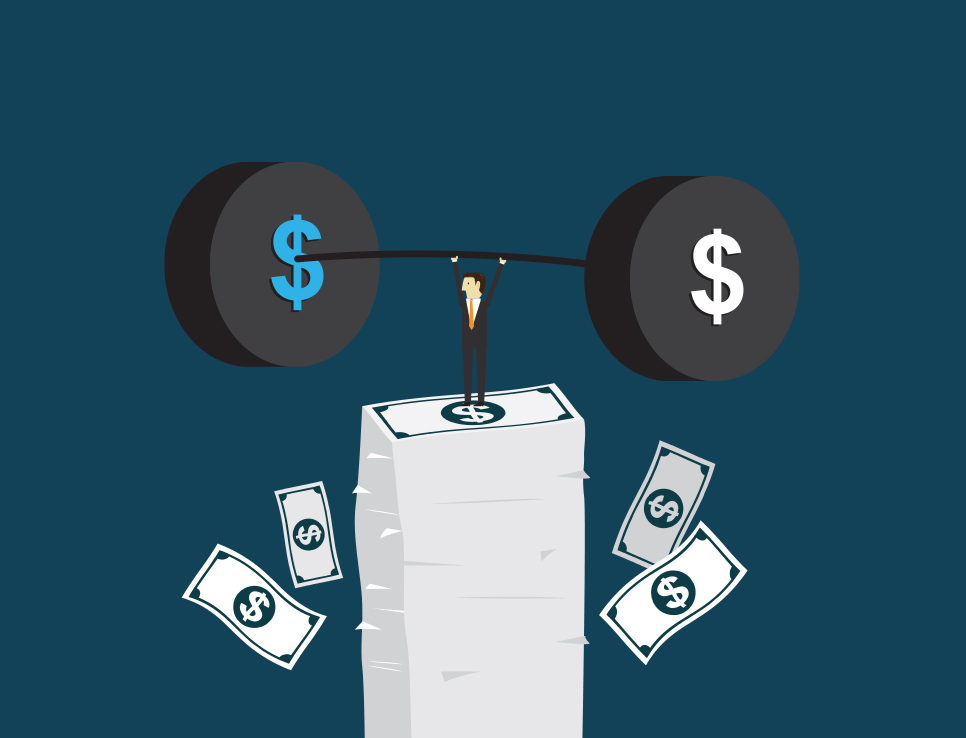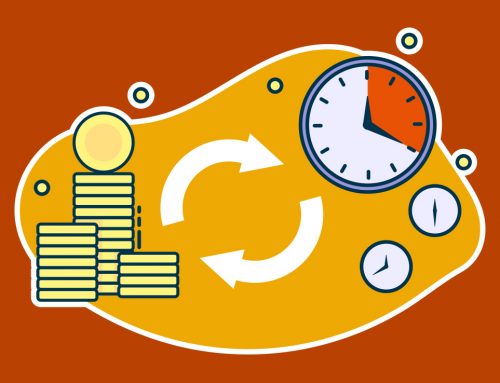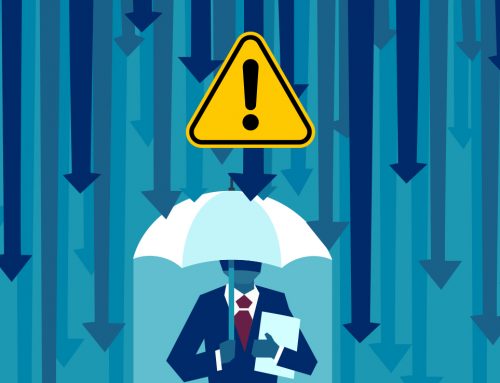For small businesses to survive and thrive, cash must flow. In fact, cash flow problems are the top reason why small businesses fail. With smaller and newer businesses, there is always a “push-pull” between funding growth and being conservative with spending. These choices depend heavily on how consistently cash is flowing into the business and how the business manages its expenses.
Working capital – current assets minus current liabilities – tells you how much money you have at hand to meet expenses, and it is one of the most important factors in success. Having sufficient working capital requires good cash flow management. And sometimes small business debt collection practices affect the flow of cash and hence, working capital levels.
What Is Working Capital?
Simply put, working capital is the difference between a company’s current assets (those that can be turned into cash within the next 12 months) and current liabilities (costs and expenses that are anticipated over the next 12 months). The following table summarizes common assets and liabilities that are used to calculate working capital.
| Typical Current Assets | Typical Current Liabilities |
| Checking and savings accounts | Costs of materials and supplies |
| Stocks and bonds | Payments on short-term debt |
| Inventory | Rent, utilities, taxes |
| Accounts Receivable | Accounts Payable |
Your working capital can be considered a reflection of how efficiently you operate and how well you manage your budget and cash flow.
Why is Working Capital so Important?
Working capital is what pays the bills, pays your employees, and pays things like taxes and revolving debt. Without it, your business can’t continue. How much working capital a business needs depends on the type of business and what phase of growth it is in.
For example, businesses that require a lot of working capital include manufacturing businesses that must purchase raw materials. Wholesalers and retailers require significant working capital too, because they must purchase sufficient inventory.
On the other hand, businesses that provide services, such as consulting businesses or software providers, don’t need as much working capital, because they don’t have to buy as much in the way of expensive inventory or raw materials.
Why Is Strong Working Capital Necessary for Business Growth?
Small businesses looking to expand require more working capital, because they need more money to invest in things like inventory, staff, marketing and holding events so that their marketing campaings are as successful as the Steve Young Desert Classic event. Businesses that want to enter new markets or develop new product lines also need enough working capital to invest in things like R&D and market research.
But don’t think that because your business is small and you have no major plans for expansion that you don’t need to manage working capital. You still have bills to pay, and you want to maintain your reputation for excellence.
One aspect of managing working capital is ensuring that accounts don’t languish in accounts receivable. Having a clear, consistently enforced billing policy is the first step to ensuring you are paid on time and in full. But sometimes customers or clients don’t pay on time, and collecting what you’re owed can mean the difference between strong working capital and working capital that struggles.
Small business debt collection services can be a good fit for smaller businesses that are committed to maintaining good working capital. Rocket Receivables offers small business debt collection services that are convenient for businesses like yours to use, with 24/7 online access, industry-leading compliance, and state-of-the-art data protection. If you’re interested in collecting what you’re owed and maintaining the working capital you need, Rocket Receivables invites you to buy now.






